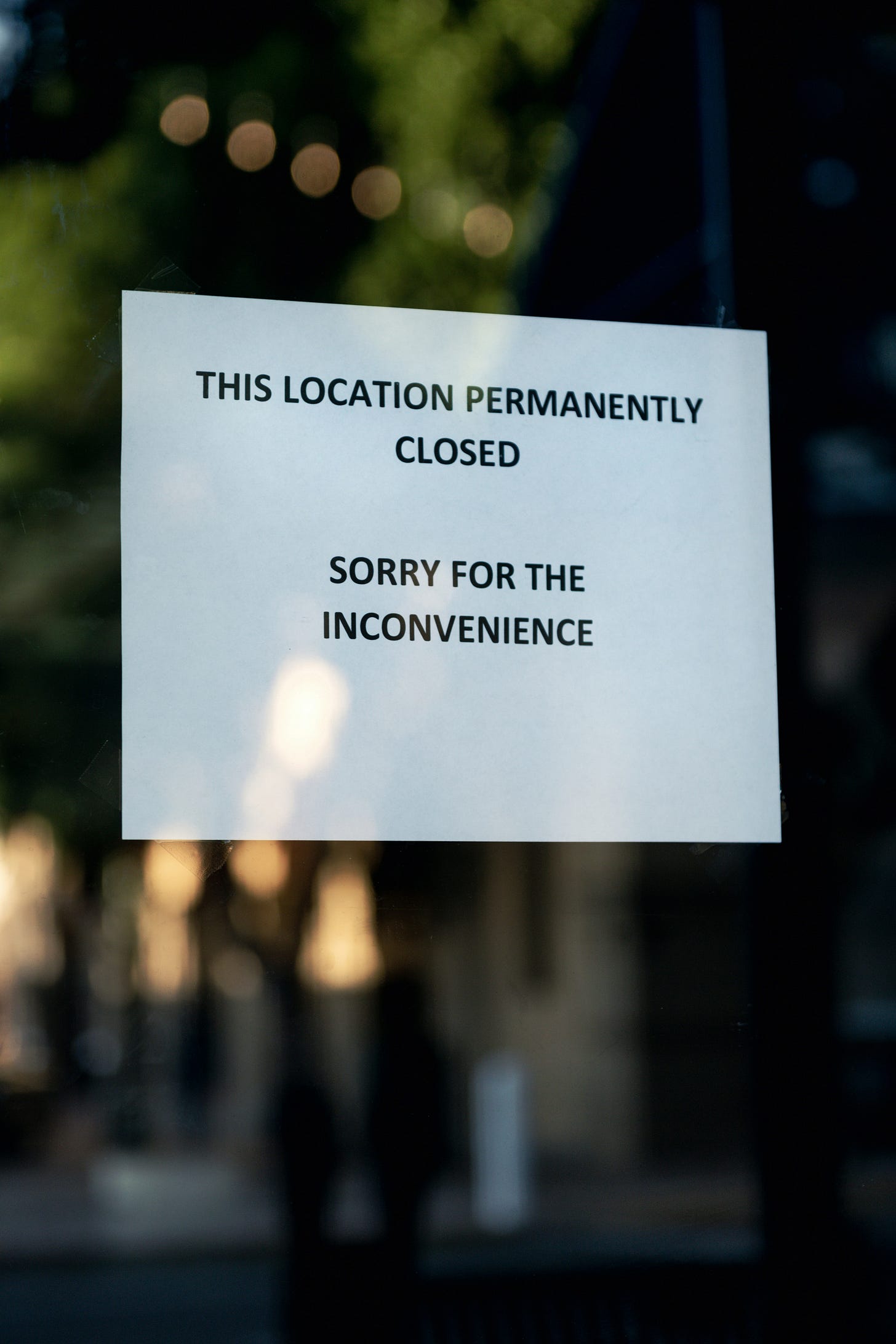
New year, new career. That was the plan for 2024. I wanted to get into digital marketing, so I took some courses. WhenI felt comfortable with my skills, I started looking for real work experience.
My search started with gigs on Upwork. I was lucky to land a part-time gig with an agency relatively quickly, but it was tough landing anything else that wasn’t just short-term projects.
I wanted the stability of full-time employment and thought working full-time in an agency would give me more experience. So, I began applying to jobs like a madman.
I must have applied to over 100 jobs in both SEO and PPC. Nothing. The most I got out of it was a couple of interviews that went nowhere.
That’s when I learned that many job postings were ghost jobs. Job boards like LinkedIn are filled with them. Somecompanies post jobs they have no intention of filling. It allows them to give off the appearance they're growing and keeps their current employees on their toes.
At some point, I became discouraged with my job search. I sent out fewer applications until I stopped applying to traditional jobs altogether.
All the while I still worked gigs. Then I thought why even look for a traditional job? Why not just embrace the gig economy?
Gigafication
Gone are the days of working your standard cradle-to-grave job. They’ve been gone for a long time now. We’retransitioning into a gig economy.
More and more workers are piecing together income from several different sources than just one employer. At the moment, 36% of US workers are part of the gig economy. It’s estimated by 2027, more than half of the US workforce will be classified as freelancers, independent contractors, or side hustlers.
Why is this happening?
Workers want freedom. They want to work when they want and where they want. Employers don’t want to keep someone on the books full-time when they don’t have to. Many companies want to hire a person who has specific skills for a specific project within a specific period of time. It makes more sense financially.
The pandemic accelerated the gig economy. After the pandemic, many white-collar workers wanted to continue to work remotely while many employers realized how many employees were redundant and unnecessary.
Is the gig economy a good thing?
That's up for the debate. It does offer benefits for both workers and employers.
Workers get…
The independence to choose when and where to work.
Working on multiple projects with different companies helps strengthen skills and provides more opportunities.
Less risk of income loss when all your eggs aren’t in one basket.
In some cases, gig workers can earn more in less time.
Employers get…
Ability to hire for services not needed regularly.
Ability to build a scalable workforce depending on whether times are good or bad.
Reduce the price of providing healthcare and other benefits.
No need to pay for office space.
Why is this a bad thing for the gig worker?
A 15.3% self-employment tax
You have to find your own healthcare
You have to set up your own retirement account
No stable income stream when gigs dry up.
Final thoughts
Whether you love or hate it, the gig economy is here to stay. It soon will be the norm. If it already isn’t.
I’m going to embrace it. I suggest you do as well. You may not have any other choice.
Good luck and Godspeed.



